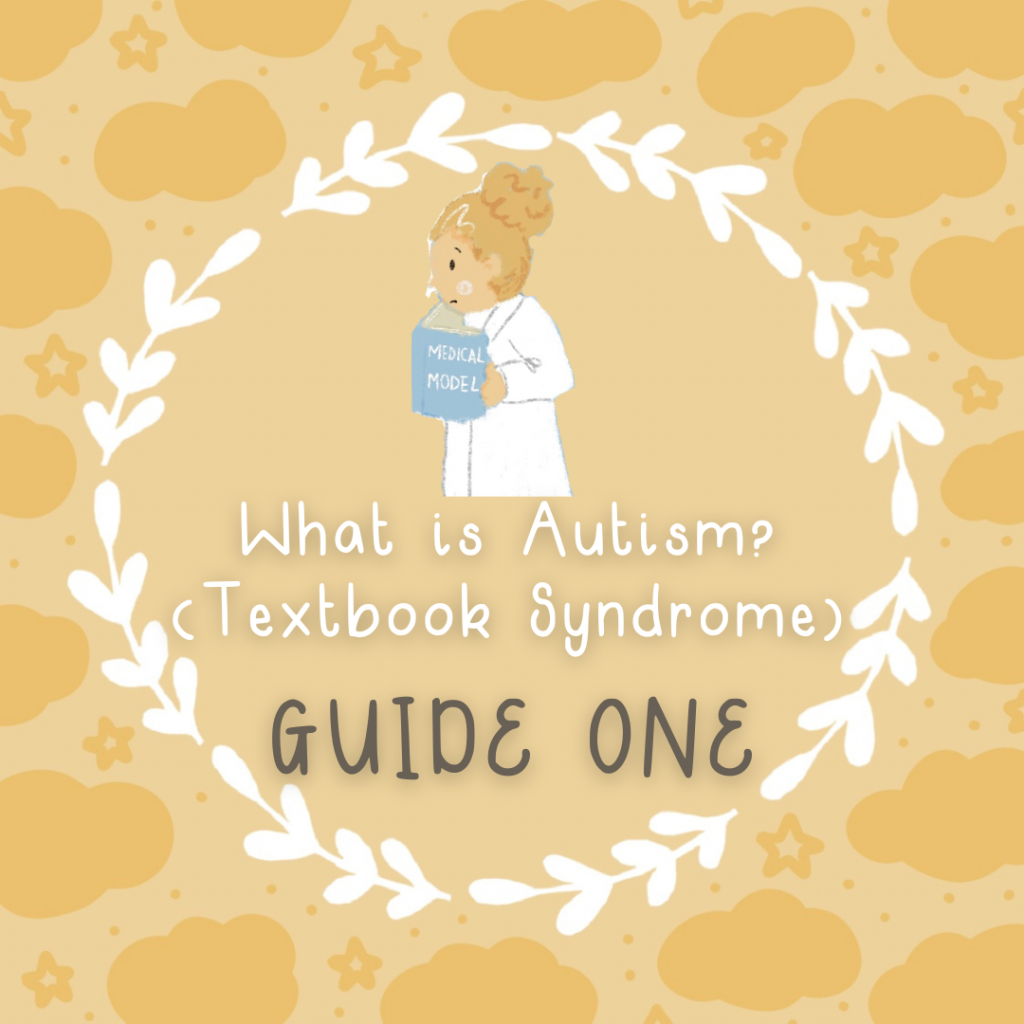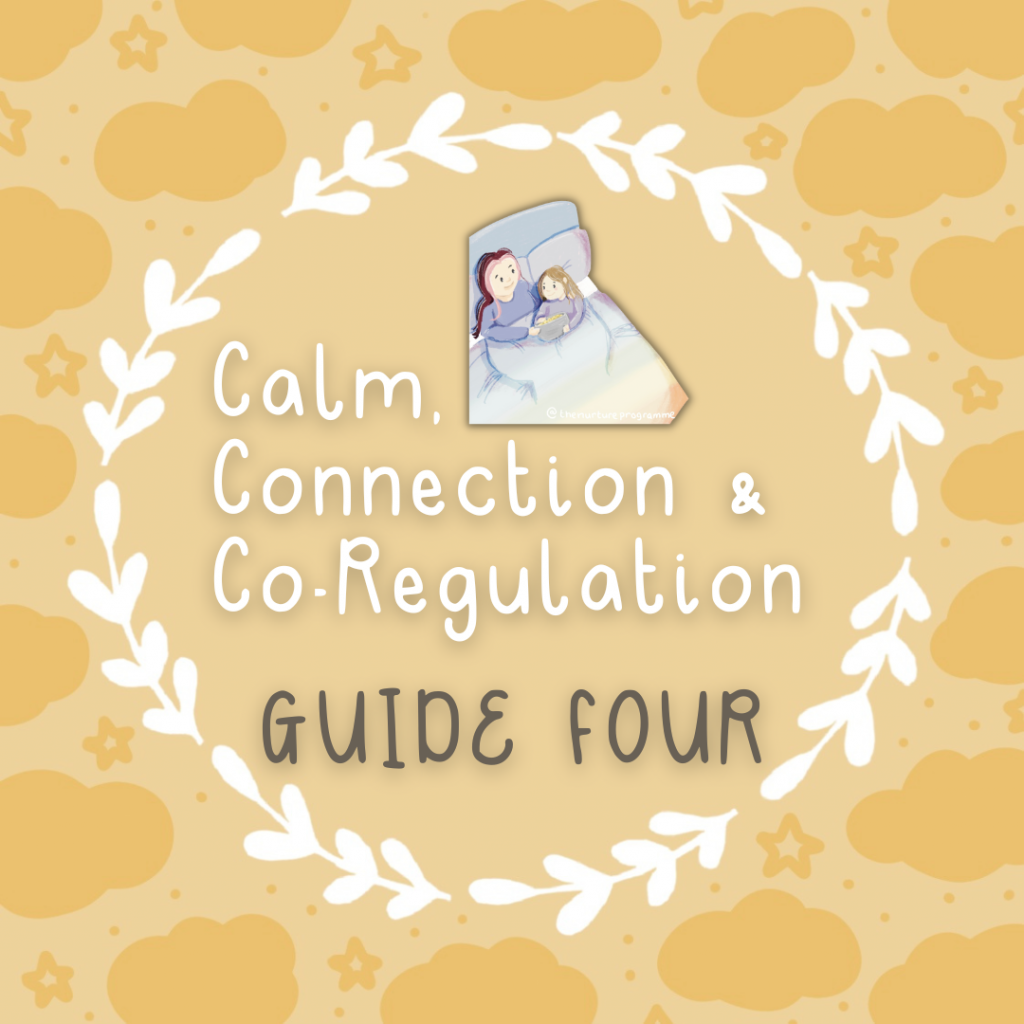The Nurturing Autism Programme
The Nurturing Autism Programme, developed and delivered by Jodie Isitt, a late diagnosed Autistic adult, and approved by Dr Chloe Farahar from Aucademy, is NOT an "autism course". This is a 5-week programme that guides you out of The Medical Model and aims to eradicate "Textbook Syndrome".
Many of us are unaware that the way in which we perceive "autism" is pathologised. We want to help correct that and in doing so create positive Autistic identities which are crucial to improving our wellbeing. The perception from non - autistic individuals that our brains need modifying and in turn help create environments which are inclusive, neurodivergent friendly and importantly, fully accessible.
This programme is suitable for all parents/carers of Autistic children and professionals working with Autistic individuals.
N.B - This Programme has Continued Professional Development Accreditation (CPD)
About The Programme
This five-week programme is written and delivered by Jodie Isitt, an Autistic parent to three autistic children. The programme is "approved" by Dr Chloe Farahar, an Autistic academic who also takes part in delivering the programme. Combining their wealth of personal experience and knowledge, Jodie and Chloe will provide invaluable insights and advice about the Autistic experience. This programme is welcoming of self-diagnosed families and those who are seeking or awaiting diagnosis.
Fully accessible, recorded presentations and a CPD certificate upon completion of our programme survey
The Programme Guides

Guide One: What is Autism? (Textbook Syndrome) We kick off with an introduction to the Autistic Experience with Jodie Isitt. Diagnosed at 35, Jodie reports a feeling of overwhelming validation and a sense of peace and acceptance of her true self.
During this session we will be exploring the questions “What is autism?” and “What is autism not?”. You will be challenged to question everything you have learned via textbooks and although this session may have you sitting uncomfortably with the realisation that autism is not what you once thought, we do so without judgement and with a nurturing emphasis through our programmes to guide you in the direction of lived experiences.
We touch upon debunking the stigma of a label and begin to introduce you to “The Spoon Theory” – A measurement of physical and emotional energy which is important to maintaining our wellbeing.

Guide Two: Neuro-Inclusive Environments are important, not just in schools, or workplaces but at home too. Autistic individuals often experience sensory in all aspects of life regardless of accommodations. There are simply things that we cannot control, such as traffic, accidents, other people and so when we come home, we NEED to know there is a safe space waiting for us.
There is a misconception that inclusivity, accommodations and reasonable adjustments are expensive. We will prove to you that this isn’t always the case so you can create those ND friendly environments without the price tag.
This week also guides you through the many, many offerings of therapies, and interventions that can be harmful, why they can be harmful and what we can use instead. This information is taken directly from people who have experienced harm and trauma from the practices used to “treat” their autism by means of behaviour modification. We are proud to be Autistic, we do not need to be modified,

Guide Three: The importance of Self Advocacy is so important NOW more than ever before. Even in our own surroundings around family and friends, we need the skills, tools and confidence to self advocate. With the changes to education and the never ending fight for accommodations, our young person’s self communicated needs are paramount for success.
Self Advocacy skills incorporate an extremely important skill that our young and vulnerable Autistic people need to keep themselves safe from harm. CONSENT.
This guide helps you understand the importance of Consent, Self Advocacy and Self Regulation, and offers support and guidance for Authenticity so that our young people can thrive through Autonomy and begin the important journey of UNMASKING.

Guide Four: Our brand new model of Calm, Connection and Co-Regulation© is the theme of this session. Jodie will guide you from her own perspective of journeying through her childhood and unlearning everything she was taught or bestowed upon her about “Becoming a good parent”. You will learn how to “Ditch the Power Struggle”, and train your own calm by using the most powerful tool you have at your disposal – your GUT INSTINCT – to become the parent your child (and you) needs.

Guide Five: Dr Chloe Farahar

Our 5 week programme costs:
£59.99
CPD - Accredited

What is Included?
This five-week programme is written and delivered by Jodie Isitt, an Autistic parent to three autistic children. The programme is “approved” by Dr Chloe Farahar, an Autistic academic who also takes part in delivering the programme. Combining their wealth of personal experience and knowledge, Jodie and Chloe will provide invaluable insights and advice about the Autistic experience. This programme is welcoming of self-diagnosed families and those who are seeking or awaiting diagnosis.
Fully accessible, recorded presentations and a CPD certificate upon completion of our programme survey
- 5 hours of live training by Jodie Isitt and Dr Chloe Farahar (Week 5)
- No Medical Model information given
- Learn advocacy skills for your children and yourself
- Fully accessible, recorded presentations and a CPD certificate upon completion of our programme survey
- Calm, Connection & Co-Regulation© Model
- Question and Answer session after each presentation to solidify your knowledge
- Dedicated Facebook support group – The Nurture Programme Hub.

Book your place
Our next programme will be in September 2023. To secure your place simply click the button below to be taken through the booking process. Places are limited.
Session dates for our next programme:
11 September 2023: 10.30am to 11.30am GMT
13 September 2023: 10.30am to 11.30am GMT
18 September 2023: 10.30am to 11.30am GMT
20 September 2023: 10.30am to 11.30am GMT
25 September 2023: 10.30am to 11.30am GMT
